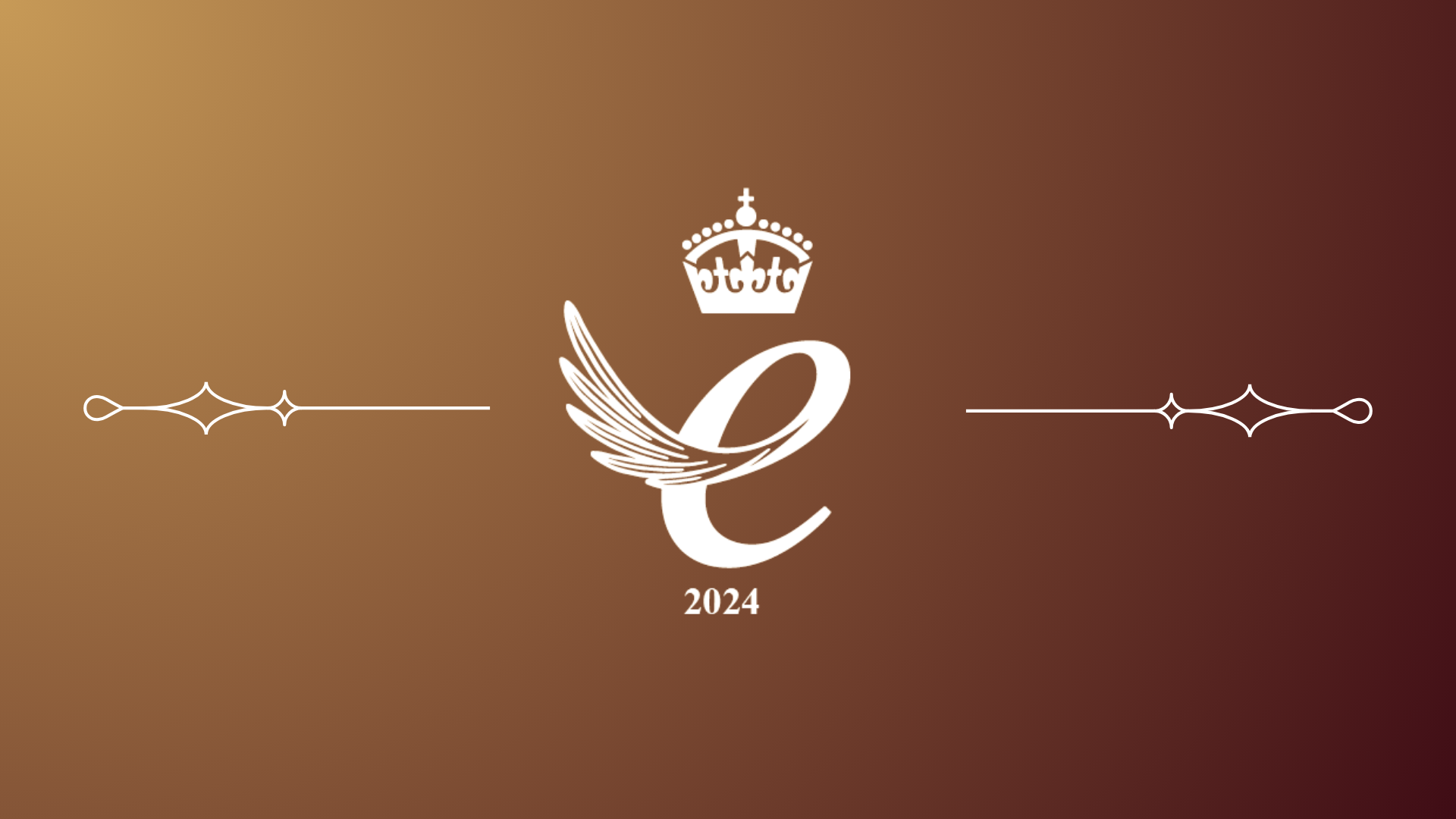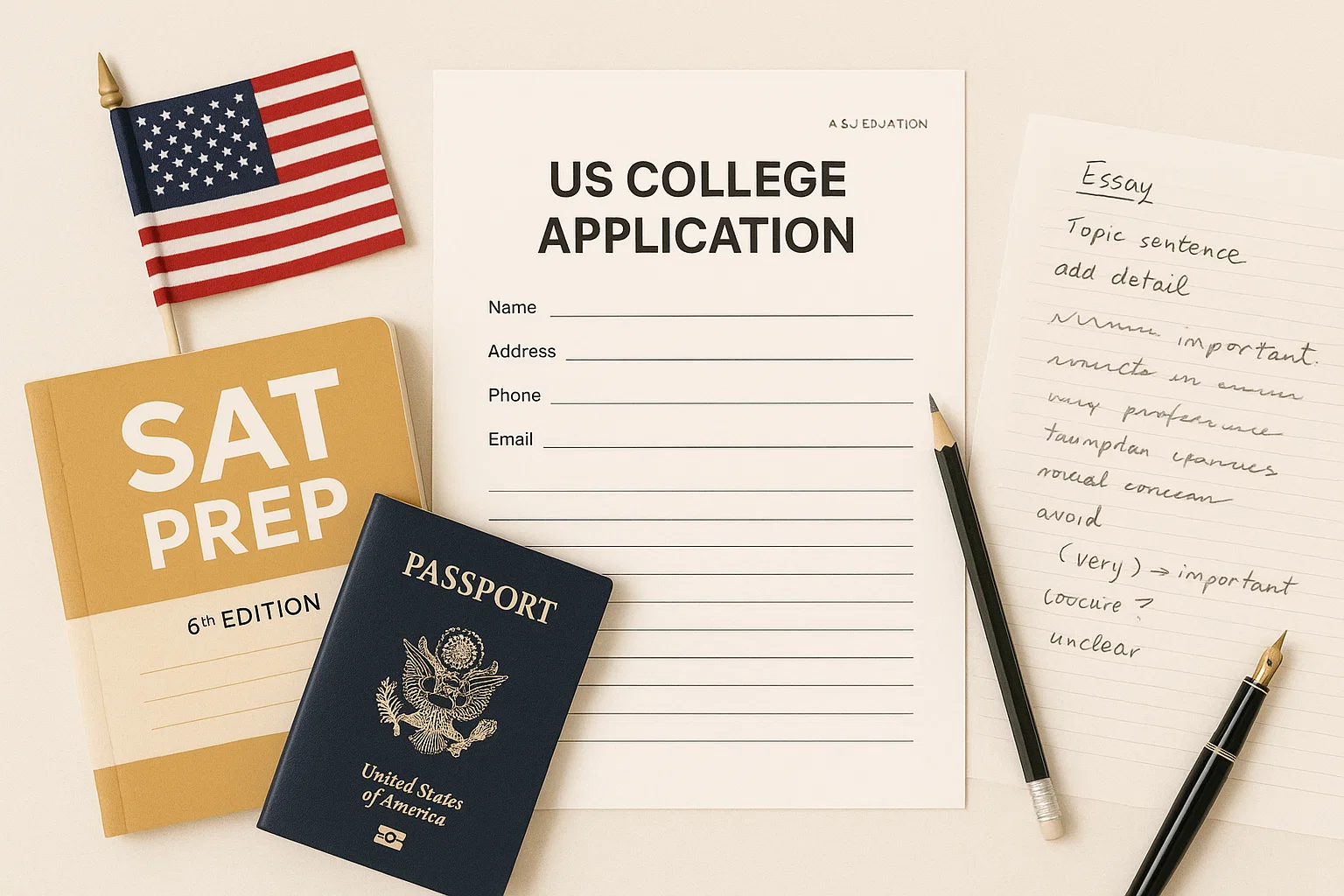
Cambridge Acceptance Rate
The University of Cambridge stands as one of the world’s most renowned academic institutions, celebrated for its centuries-old tradition of excellence, global impact, and rigorous intellectual environment. With a reputation for producing Nobel laureates, influential thinkers, and leaders across disciplines, Cambridge attracts an exceptionally talented and diverse applicant pool from around the globe. In recent years, the overall undergraduate acceptance rate at Cambridge has hovered around 21%, underscoring the university’s highly competitive admissions landscape.
Understanding the Acceptance Rate at Cambridge
Cambridge’s acceptance rate reflects both its prestige and the intense competition among applicants. For the 2023 entry cycle, the university received 21,445 undergraduate applications and made 4,553 offers, resulting in a 3,557 acceptance rate of 16.6%. However, the offer rate (the percentage of applicants who receive an offer) was slightly higher, at 21.2%. These figures illustrate that while one in five applicants may receive an offer, not all ultimately enrol, as some choose other institutions or do not meet final conditions.
Detailed Admission Statistics
- Total Applications (2023): 21,445
- Offers Made: 4,553
- Acceptances: 3,557
- Overall Offer Rate: 21.2%
- Overall Acceptance Rate: 16.6%
The acceptance rate varies significantly by college and course. For example, Trinity College is among the most selective, with an acceptance rate as low as 12.3%, while some colleges have rates above 20%. Course competitiveness also fluctuates, with subjects like Medicine and Computer Science being notably more selective.

Cambridge's International Student Demographics
Cambridge is a global university, with international students making up about 24% of the undergraduate population. In 2023, there were 7,565 international applicants (35.3% of the total), but only 821 were accepted, resulting in an international acceptance rate of just 3.8%- much lower than the overall average. This highlights the particularly fierce competition for international places.
The university’s international diversity enriches the academic and cultural life on campus, fostering a vibrant, multicultural environment. Students from over 140 countries are represented, contributing to Cambridge’s global outlook and collaborative spirit.
Admission Requirements and Profile of Accepted Students
Cambridge’s admissions process is holistic but academically demanding. Applicants are expected to demonstrate outstanding academic achievement, intellectual curiosity, and the potential to thrive in a challenging environment.
- Academic Prerequisites: Most successful applicants have grades equivalent to a 3.7–4.0 GPA, with many exceeding this benchmark. For A-levels, typical offers are AAA or equivalent. IB applicants usually need 40–42 points, with 776 at Higher Level.
- Standardised Tests: US applicants should aim for a minimum SAT score of 1460 (with 730+ in Evidence-Based Reading and Writing), or an ACT score of 32–34. Science and Economics applicants are expected to score even higher.
- Subject-Specific Requirements: Many courses require specific subjects at an advanced level, and some, like Mathematics, demand additional tests such as STEP.
- Written Assessments and Interviews: Most applicants must take subject-specific admissions tests and participate in rigorous interviews that assess critical thinking, subject knowledge, and motivation.
Specific Entry Requirements for International Students
International applicants must meet both academic and English language proficiency standards:
- English Proficiency: Minimum IELTS Academic score of 7.5 (with no section below 7.0) or TOEFL iBT score of 110 (with 25+ in each component).
- Additional Qualifications: Depending on the country, Cambridge may require Advanced Placement tests, high national exam scores, or other recognised qualifications.
- Visa Requirements: Proof of English proficiency is also necessary for visa applications, and test results must be valid at the time of enrollment.
Profile of Successful Applicants
Successful candidates typically exhibit:
- Exceptional academic records and subject mastery
- Strong critical thinking, analytical skills, and intellectual curiosity
- Passion for their chosen subject, demonstrated through super-curricular activities (such as reading, research, competitions, or relevant work experience)
- Well-crafted personal statements and supportive references
- Confidence and depth of knowledge during interviews

Tips for Prospective Applicants
To enhance your chances of admission:
- Excel Academically: Aim for top grades and take challenging courses relevant to your intended field of study.
- Engage in Super-Curricular Activities: Go beyond the classroom- read widely, attend lectures, participate in competitions, and pursue independent projects related to your subject.
- Prepare for Admissions Tests: Practice for any required written assessments or subject tests.
- Craft a Strong Personal Statement: Clearly articulate your academic interests, experiences, and motivation for your chosen course.
- Prepare for the Interview: Be ready to discuss your subject in depth, think critically, and respond thoughtfully to challenging questions.
- Seek Feedback: Ask teachers or mentors to review your application materials and conduct mock interviews.
Cambridge vs. Oxford: A Comparison

Cambridge’s overall acceptance rate is slightly higher than Oxford’s
While both universities are highly selective, Cambridge’s overall acceptance rate is slightly higher than Oxford’s, though both are extremely competitive, especially for international applicants and popular courses.
.png)
Conclusion
Gaining admission to the University of Cambridge is a formidable challenge, reflected in its acceptance rate of around 21% and even lower rates for international applicants and competitive courses. The university’s holistic admissions process values not only academic excellence but also intellectual curiosity, critical thinking, and genuine passion for learning.





















.png)

